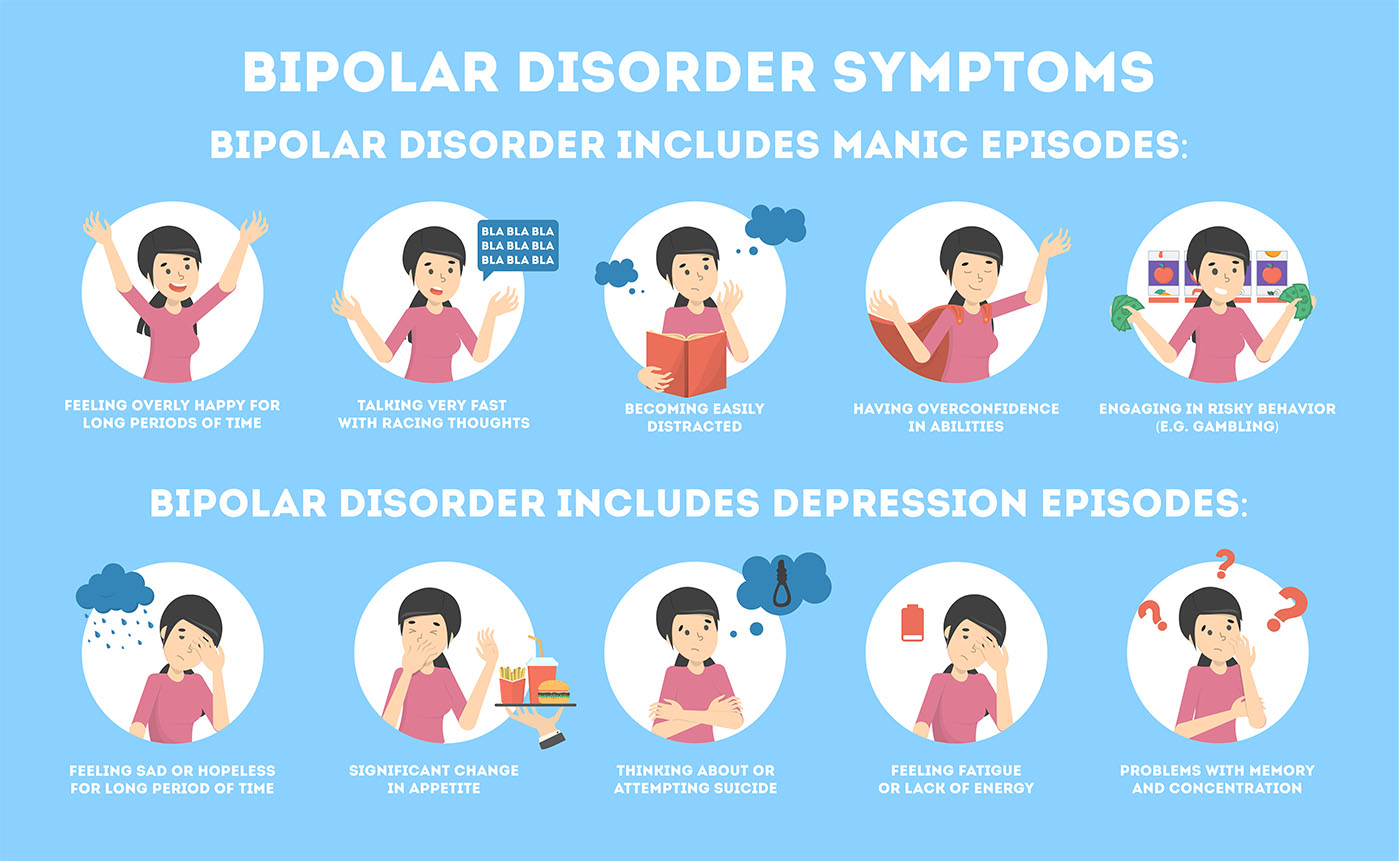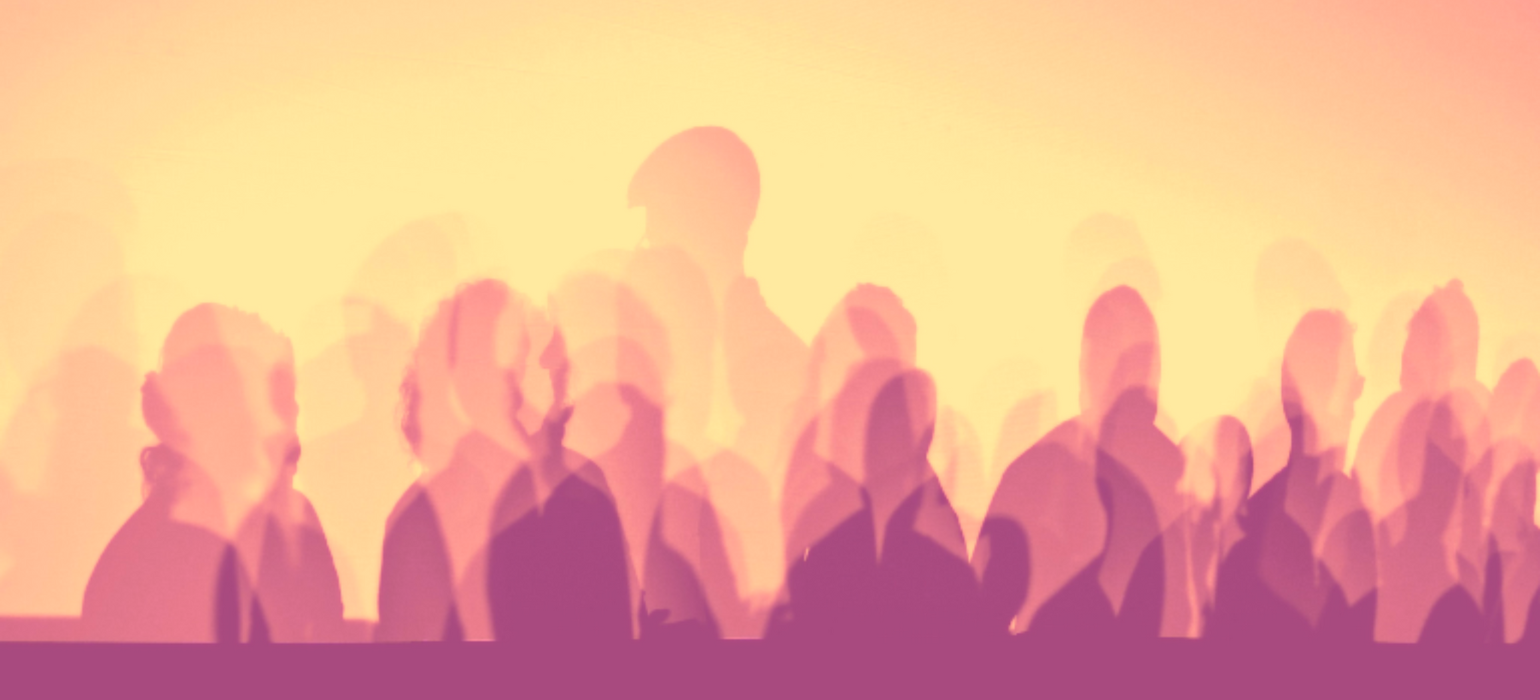Overview
In Ireland, roughly one in 50 adults are affected by bipolar disorder. While it can occur at any age, symptoms often first begin when a person is in their late teens or early adulthood.
There is no known exact cause of bipolar disorder, but research suggests that our genetics, biology and environments may all play a part.
More and more is becoming known about bipolar disorder all the time, and, with the right treatment, people living with bipolar disorder can enjoy good health and live well.
Signs and symptoms of bipolar disorder
Bipolar disorder is marked by intense changes in mood, which often feel like they are outside of a person’s control. They can impact the person’s daily life by making it difficult to carry out normal activities.
Symptoms of bipolar disorder can be part of episodes of highs and lows called elation and depression. While these episodes may last some time, they are not constant: they can come and go, and a person may not have any symptoms in between the episodes.
Symptoms of elation, or mania, can include:
- Having increased levels of energy
- Feeling very happy or positive, whether or not things are going well or not
- Talking a lot, and speaking quickly or loudly
- Being extremely irritable
- Feeling uncontrollable excitement
- Engaging in risk-taking behavior
- Going on a spending spree
- Being rude, pushy, or aggressive.
People may also experience a hypomanic episode: this is similar to an episode of elation, but lasts for a shorter period, usually a few days. In general, these episodes are milder than episodes of elation and people are often able to carry on with their everyday lives during this time.
Symptoms of a depressive episode can include:
- Feeling low or sad
- Feeling hopeless or helpless
- Feeling guilty or worthless
- Losing weight
- Having reduced energy and slowing down physically
- Experiencing problems with sleep, such as not being able to sleep or sleeping too much
- Having thoughts of death or suicide.
If you are concerned that you may be experiencing symptoms of bipolar disorder, reach out to someone you trust and speak to your GP, who may refer you for assessment and treatment if you need it.
If you are experiencing thoughts of self-harm or suicide and are in immediate distress, please contact the emergency services by calling 999 in Ireland or 112 anywhere in Europe.

Supports and treatment for bipolar disorder
There are many ways that we can treat, manage and live well with bipolar disorder.
Because bipolar disorder involves episodes of elation and depression, managing it generally involves two steps.
Getting a current episode of elation or depression under control is usually the first step. This often means taking medication to reduce and ease symptoms.
The next step is usually receiving psychological treatment to help delay future episodes, to ease symptoms when they do come up, and to manage the condition day-to-day. This can include individual and group therapy, as well as psychoeducation, which means learning more about bipolar disorder, its signs and symptoms, and what to do to keep well. This kind of therapy and education often happens alongside taking medication.
There are also other things that people often do on top of this to manage their bipolar disorder. This can include dealing with triggers, responding to symptoms and warning signs early, making lifestyle changes, and welcoming support from family, carers and care teams.
Continue to…
Depression

